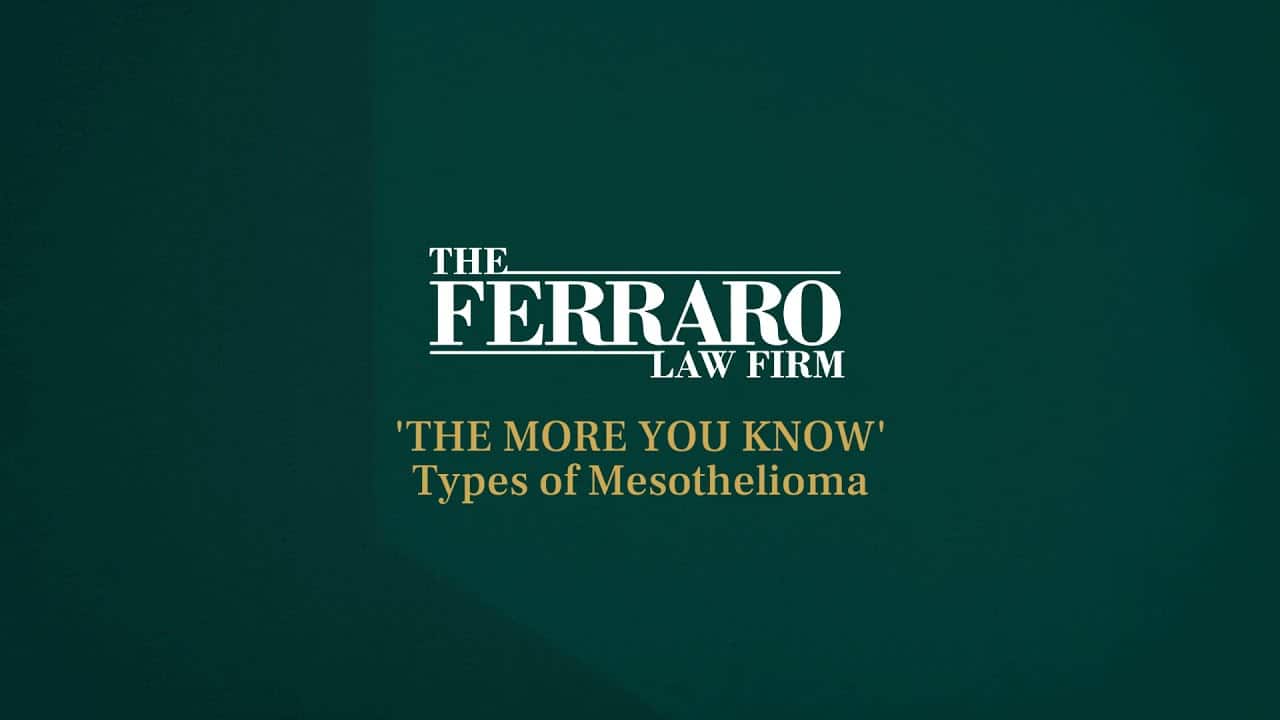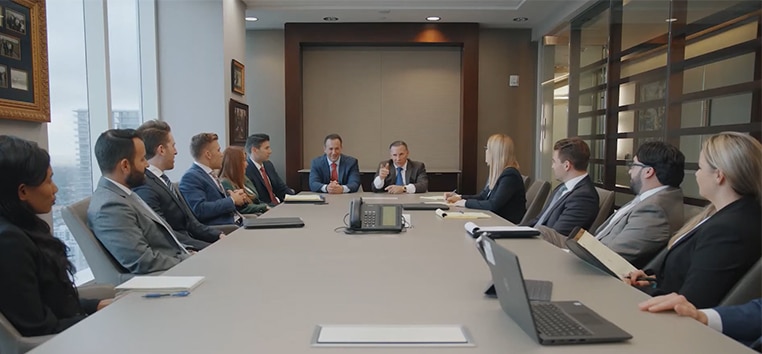If you were seriously injured, remember that it is crucial to choose the right law firm to represent your interests. We have been doing this for more than three decades, and have the resources you need to challenge any opponent.
Judge: No Reversal on Asbestos Defendant Punitive Damages Order
It’s been the standard in Florida courts and others across the country to bar plaintiffs access to punitive damages in asbestos litigation, even when it’s clear the defendants knew the dangers of their products and actively concealed them.
However, one judge in New York City Asbestos Litigation Court defied the norm with an order that allows all plaintiffs in asbestos lawsuits to seek punitive damages, the same as any other plaintiffs. The Judge reasoned that New York law requires this opportunity be applied equally to everyone.
Prior to her April 2014 order, all asbestos litigation plaintiffs had punitive damage requests deferred (as of September 1996). Now, despite receiving numerous motions opposing her order, the judge is standing firm. She has denied those motions and has stated her decision on this point will stand.
Our mesothelioma diagnosis attorneys believe this is an important turning point, not only because it increases the amount of compensation that plaintiffs can secure, but also because it presents an opportunity to punish defendants who knowingly manufactured products with a dangerous and toxic material and then actively concealed the peril to workers and consumers.
While opponents say allowing punitive damages will deplete resources for future victims, the reality is deferral of such damages is unethical and unconstitutional. The point to make is the possibility of punitive damages makes defendants more willing to talk settlement, rather than risk their chances at trial. Trials are expensive, so in the end, the move could end up saving a great deal of money, particularly for taxpayers.
In a series of responses to opposing motions to the ruling, which altered the Case Management Order in the multi-district litigation, Judge Sherry Klein Heitler dismissed them all as without merit. Defendants argued the order is at odds with the objective of bringing about fair, timely, and less costly resolutions to the cases.
In a motion to re-argue, the burden was on the defendants to show the court misapplied certain legal principles or overlooked relevant facts.
The judge, however, was not convinced by the defendants’ position, finding they were simply trying to re-argue the same points of law on which she had already ruled. Furthermore, she pointed out that the rules of civil procedure in New York (as in many other states) permit plaintiffs to seek punitive damages. It is fundamentally unfair and unjustifiable for the court to allow only some victims to seek punitive damages.
Another request asked for an “indefinite stay” to the order, saying everyone needed more time to formulate a response to the “sea of change” the order would cause. The judge, however, rejected this too, calling the request too open-ended. She did concede, however, that cases would likely proceed a bit more slowly at first, in order to accommodate some of the procedural changes.
Still, punitive damages will not be a given in any case. Plaintiffs will have to make a case for them in each instance, and the respective trial judge will be tasked with weighing each request prior to trial.
Punitive damages are those paid in excess of a plaintiff’s provable injuries, and they are only awarded in cases where a defendant’s conduct was especially egregious.
Table of Contents
Frequently Asked Questions: Mesothelioma & Asbestos
What is asbestos?
Why is asbestos dangerous?
What are asbestos-related diseases?
What causes mesothelioma?
What are the different types of mesothelioma?
What are common mesothelioma symptoms?
Do I qualify for compensation if I have mesothelioma?
What is the life expectancy for someone with mesothelioma?
Do I qualify for compensation if I have mesothelioma?
Help for mesothelioma victims can be found at The Ferraro Law Firm by calling (888) 554-2030. Offices in Miami and Washington, D.C.
Contact The Ferraro Law Firm at (305) 375-0111 to explore your legal options with our knowledgeable legal team.






